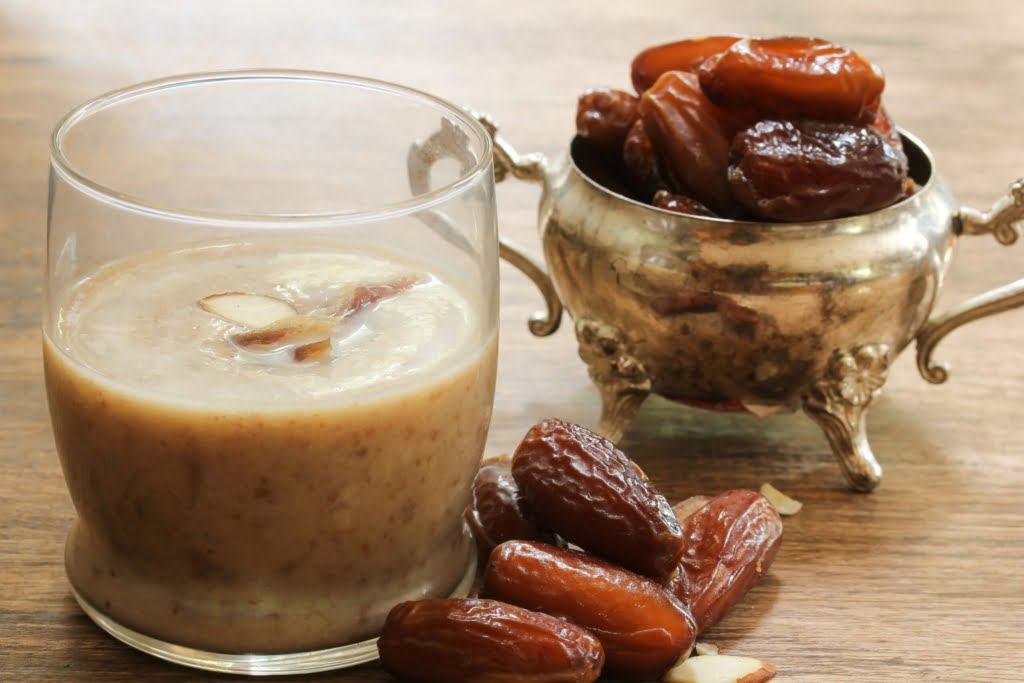Nigeria, a country known for its rich agricultural heritage, is now turning its attention towards a lesser-known but highly promising crop – dates. While historically associated with the Middle East, date palms (Phoenix dactylifera) are finding a new home in the diverse agricultural landscape of Nigeria. This article explores the potential of date farming in Nigeria, the challenges it faces, and the opportunities it presents for farmers and the economy.
- The Rise of Date Farming in Nigeria
Date farming, once considered a niche activity, is gaining momentum in Nigeria due to several factors:
Climate Suitability: Nigeria’s diverse climate, ranging from tropical in the south to semi-arid in the north, provides ideal conditions for date cultivation. Regions such as Kano, Jigawa, Kebbi, and Sokoto states have been identified as particularly suitable for date palm cultivation.
Economic Potential: Dates are a high-value crop with growing demand both domestically and internationally. Nigeria’s burgeoning population, coupled with increasing awareness of the health benefits of dates, creates a lucrative market for date farmers.
Government Support: Recognizing the potential of date farming to drive rural development and boost the economy, the Nigerian government has initiated various programs and incentives to promote date cultivation. These include subsidizing inputs, providing technical assistance, and facilitating access to markets.
- Benefits of Date Farming
Date farming offers numerous benefits, both to individual farmers and the broader economy:
Economic Opportunities: Date farming provides a source of income for farmers, especially in rural areas where alternative employment opportunities may be limited. The high market value of dates ensures good returns on investment for farmers.
Food Security: Dates are a nutritious crop, rich in vitamins, minerals, and fiber. Integrating date cultivation into Nigeria’s agricultural landscape can contribute to food security by diversifying the food supply and providing a source of nutritious food for local communities.
Environmental Sustainability: Date palms are well adapted to arid and semi-arid environments, making them a sustainable option for cultivation in regions prone to drought. Their deep root systems help stabilize soil and prevent desertification, while their ability to thrive in low-input conditions reduces the need for chemical fertilizers and pesticides.
- Challenges Facing Date Farming
Despite its potential, date farming in Nigeria faces several challenges that must be addressed to realize its full benefits:
Lack of Awareness and Technical Know-How: Many Nigerian farmers are unfamiliar with date cultivation techniques and best practices. There is a need for extensive training and capacity-building initiatives to equip farmers with the knowledge and skills required to successfully grow dates.
Limited Access to Quality Planting Material: The availability of high-quality date palm seedlings is a major bottleneck for the expansion of date farming in Nigeria. Most farmers rely on traditional seed sources, which may not produce uniform or high-yielding trees. Establishing nurseries to produce certified seedlings can help address this challenge.
Pest and Disease Management: Date palms are susceptible to various pests and diseases, which can significantly impact yields if not managed effectively. Integrated pest management strategies, including the use of biopesticides and cultural practices, are essential to minimize the risk of pest and disease outbreaks.
Infrastructure and Market Access: Inadequate infrastructure, such as roads and storage facilities, hampers the transportation and marketing of date produce. Improving infrastructure and establishing market linkages can help farmers access lucrative markets and command better prices for their products.

- Future Prospects and Recommendations
Despite the challenges, the future of date farming in Nigeria looks promising, provided that concerted efforts are made to address the existing bottlenecks. To unlock the full potential of date farming, the following recommendations are proposed:
Investment in Research and Development: More research is needed to develop locally adapted date varieties, improve cultivation practices, and mitigate the impact of pests and diseases. Collaborative research initiatives involving agricultural universities, research institutions, and private sector partners can drive innovation in the date farming sector.
Strengthening Extension Services: Extension services play a crucial role in disseminating technical information and providing advisory support to farmers. Strengthening extension services through training programs, farmer field schools, and the use of digital technologies can enhance farmers’ capacity and productivity.
Public-Private Partnerships: Public-private partnerships can facilitate technology transfer, provide access to finance and markets, and promote value addition along the date value chain. By leveraging the strengths of both the public and private sectors, these partnerships can accelerate the growth of the date farming sector.
Market Diversification: While domestic demand for dates is growing, there is also an opportunity to tap into international markets. Export promotion initiatives, adherence to quality standards, and participation in trade fairs and exhibitions can help Nigerian date farmers access lucrative export markets and enhance their competitiveness.
Conclusion
Date farming holds immense promise for Nigeria, offering economic opportunities, food security, and environmental sustainability. By addressing the challenges facing the sector and implementing targeted interventions, Nigeria can unlock the full potential of date farming and emerge as a key player in the global date market. With the right policies, investments, and partnerships, date farming can contribute to poverty reduction, rural development, and economic growth in Nigeria.
Ajigofarms is a reliable global agricultural purchase sourcing with profound expertise in the manufacturing, and exportation of food crops. We are tested, and trusted suppliers of all kinds of cash crops and food crops. Our constant supply chain solution makes exporting easy, quick, and safe, we are identified with timeliness and meeting up with deadlines. Regardless of the region you are located in worldwide, you can reliably order your Agric products and be rest assured of successful delivery.




